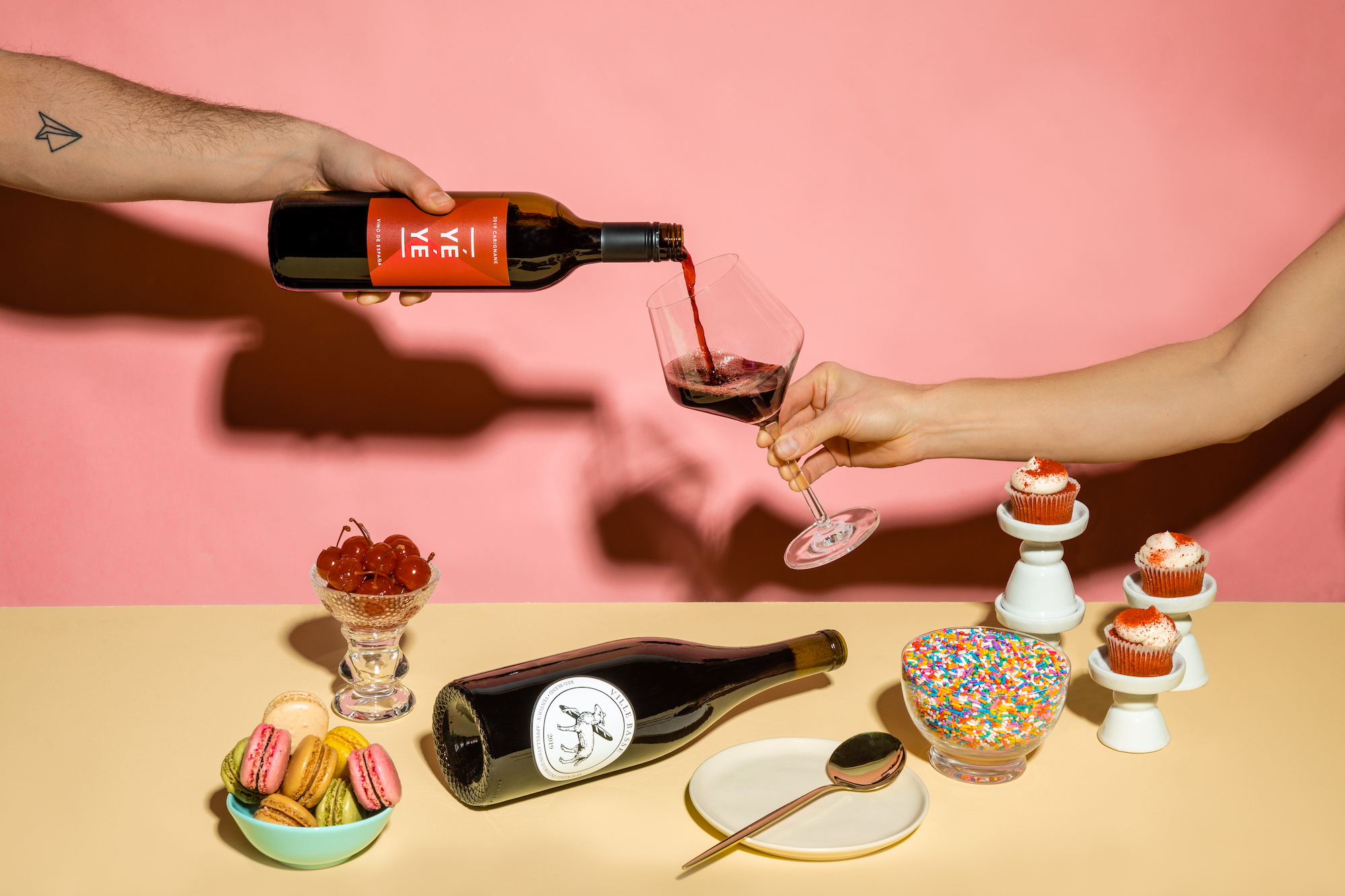The Lowdown on No Sugar Wines
We know what you’re thinking: are no sugar wines any good? Long story short, the answer is yes.
Simply put, a no sugar wine (aka dry wine) is a wine that has no residual sugar, meaning it is not sweet. Which, for all of you sweet tooths out there, is actually a commonly preferred style of wine. This style allows you to taste all the delicious fruit flavors from the grapes, but without all the sweetness. So to reiterate the answer to your question, yes, no sugar wines are freaking delicious.
Now let’s talk specifics.

How exactly does a wine get its sweetness? Or lack thereof.
When you think about drinking grape juice, it’s typically packed with sugar. Some people love it, some people hate it. But when it comes to wine, yeast consumes those natural sugars during the fermentation process and converts them into alcohol. The amount of residual sugar left over is what determines whether a wine is considered sweet, semi-sweet, or dry.
Most wines are left to ferment until nearly all the sugars have been converted to alcohol and there is no detectable sweetness left in the wine, giving you a no sugar or dry wine. But when a winemaker chooses to make an off-dry or a sweet wine, they’ll stop the fermentation process a little sooner to maintain a portion of the sugar.
Do no sugar wines have more alcohol?
Oftentimes, yes! There are a few factors in play here, but after the quick boozy science lesson we just ran through, you’ll remember that sugar is converted to alcohol. To produce a sweeter wine, you are maintaining some of the sugar, therefore converting less of it to alcohol giving you a wine with lower alcohol levels. And when you produce a no sugar or dry wine, you’re converting most, if not all of the sugar to alcohol, giving you higher alcohol content.
If a wine tastes fruity, doesn’t that mean it’s sweet?
Nope. A lot of no sugar wines taste so fruity and flavorful because the sugar has been extracted leaving more room for the natural flavor of the grape to pop on the palate.
Does “dry wine” refer to mouthfeel?
People often misuse this term by thinking about it in a sensory or literal way, and rationally so. There are in fact wines that leave you with a dry or chalky mouthfeel, but that is typically due to tannins and has nothing to do with the sugar level.
Are there positives to choosing no sugar wines over sweet wines?
Many people are focusing on cutting out added sugars in their diets, so this is a great option for people trying to be more mindful of what they’re putting into their bodies. Dry wines typically have < 1 gram of sugar per glass while sweet wines can contain up to 15 grams per glass. No sugar content also translates to a lower calorie count as well. So it’s a better option for people trying to stick to a diet while also wanting to continue enjoying a glass of wine.
Now that you know what you know, we’re delighted to inform you that we have a whole slew of delicious no sugar wines just waiting to be enjoyed. In fact, over 50% of our wines are naturally no sugar. Check ‘em out here.

